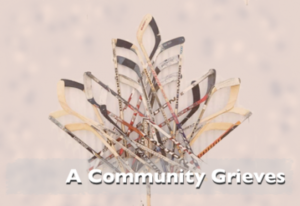The third Thursday of November each year is an important day. It is Children’s Grief Awareness Day, and this year it falls on November 17th. In lead up to the day, we are all encouraged to think about grieving children/teens who have experienced a life-altering death far earlier in life than anyone should have to. These are children/teens who may be members of our own families or extended family, who attend our schools, who live in our communities.
Children and teens have great inherent strength and resilience. Even after the death of an important person, they carry on with their lives. They continue with school. They play with their friends. They play sports. They hold part time jobs. However, there is another side of their life which is hidden. The changes to their family life, their loss, their grief.
If a child or teen in your life appears to be coping, it does not mean that they don’t need you. They do. They need you to understand what this loss means to them. They need your support and care. However, many of us don’t know what to do to help a grieving child or teen, and perhaps the idea of death makes us feel uncomfortable. So, often the adults and peers who are in the lives of grieving children and teens tend to avoid them, give unhelpful advice, or say hurtful things. But it doesn’t have to be this way.
The following are a few simple suggestions which grieving children and youth have taught us that they need:
- Lean in and Listen. The grieving child or teen needs you to take the time to be open to truly listening to them, without judgment
- Answer their questions about death in age appropriate language. Children and teens need information in order to sort through and come to understand the death of their person. Offering to answer any questions that come up for them gives them permission to ask, and to grieve.
- If you don’t have answers to questions, be honest. Kids have a great ability to know when we are faking it. It’s okay to not have all the answers. Often they just need someone to wonder with them.
- Keep the grieving child/teen included in your life. So often grieving children/teens lose contact with their own extended families and parents’ friends. Call and offer play dates with your children. Help with driving to the child/teen’s activities.
- Share your stories of the person who died. Your stories about the person can help build a memory bank for the child/teen, a precious gift.
- Be there for the child/teen’s Parent/Guardian. Research shows that when a parent/guardian is supported and coping better, it helps their child/teen to thrive and be happier.
Out of the Mouths of Babes… the following are a few things that Lighthouse children would like people to know and understand:
“Give them (grieving children) time, give them a shoulder to cry on when they need it…be nice to them”
“Make me laugh…help me make new memories…don’t avoid me”
“Sometimes we need to be sad”
“I wish they wouldn’t ask why I don’t participate in Father’s Day”
“People say stupid things, like I understand because my dog died…they don’t understand unless they have suffered (a similar loss) too”
“Always respect what you have and who’s with you….live every moment!”
It is our hope at Lighthouse that grieving children and youth in every community will feel acknowledged and supported. Not just on the third Thursday of November, not just for the month of November. We hope the time will come when caring extended family and community members will be there for grieving children and teens EVERY day of the year.
Prepared by the Lighthouse for Grieving Children
NB: The Blue Butterfly is the international symbol of children’s grief









